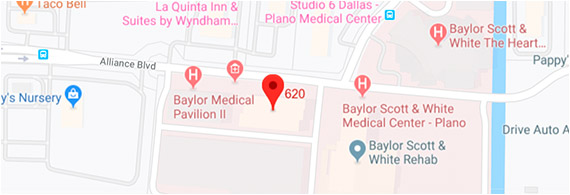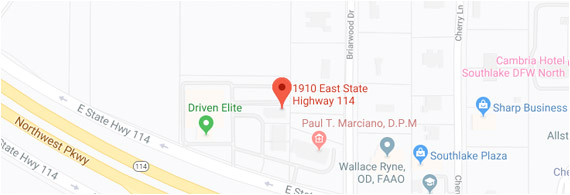Cataract Surgery Expectations in Dallas
 We offer no-stitch, no-shot, quick recovery Cataract surgery. The cataract surgery process is as follows:
We offer no-stitch, no-shot, quick recovery Cataract surgery. The cataract surgery process is as follows:
Cataract evaluation: Our doctors will perform a comprehensive Eye exam to evaluate the Cataract and general health of the eye. This exam includes dilation of the pupil. You can expect the exam to be from an hour and a half to two hours in length. Information about Cataract surgery, pricing, and available lens options are provided. The doctor may request a consultation with your Primary Care doctor for a Medical evaluation, Clearance, and an EKG before cataract surgery is scheduled.
Cataract Pre-op: Special measurements of the eye are made. We will provide additional information about Cataract surgery, pricing and the different lenses available. A video about Cataract surgery will be viewed. You will provide us with your lens selection. Our billing coordinator will contact your insurance company to obtain an estimate of your out of pocket cost for surgery.
2 days before the surgery: You will start using prescription eyedrops (usually an antibiotic and anti-inflammatory) in the eye pending surgery.
Day of Surgery:
You will arrive at Irving-Coppell Surgical Hospital. After registration, your pupils will be dilated and prepared in the surgical area. An anesthetic eyedrop is instilled in the eye. An Anesthesiology doctor provides medicine through an IV to relax you, but you are actually awake for the surgery.
A small incision is made in the cornea by the Surgeon to access the lens capsule, an envelope surrounding your natural lens. The front part of the lens capsule is carefully opened. This allows removal of the lens material using an Ultrasound probe that breaks up and removes the hardened and yellowed Cataract lens material. This process, which is called Phacoemulsification, is the latest FDA approved method of Cataract removal.
A folded Intraocular lens (IOL) or lens implant is chosen by the eye surgeon is inserted in the eye and allowed to unfold in the lens capsule (the envelope surrounding the lens). A special antibiotic is instilled in the eye and the patient is taken to the Recovery area.
Post-op: Surgical patients are seen in our Irving office on the afternoon of surgery. The vision is usually blurry the first day and improves over the first 5-7 days. Patients will use an antibiotic, anti-inflammatory, and a steroid eyedrop several times a day for the first few weeks after surgery. They should avoid rubbing their eye for the first 2 months after surgery. For 2 weeks, protective glasses are recommended during the daytime and a protective shield must be worn at night or during sleep.




